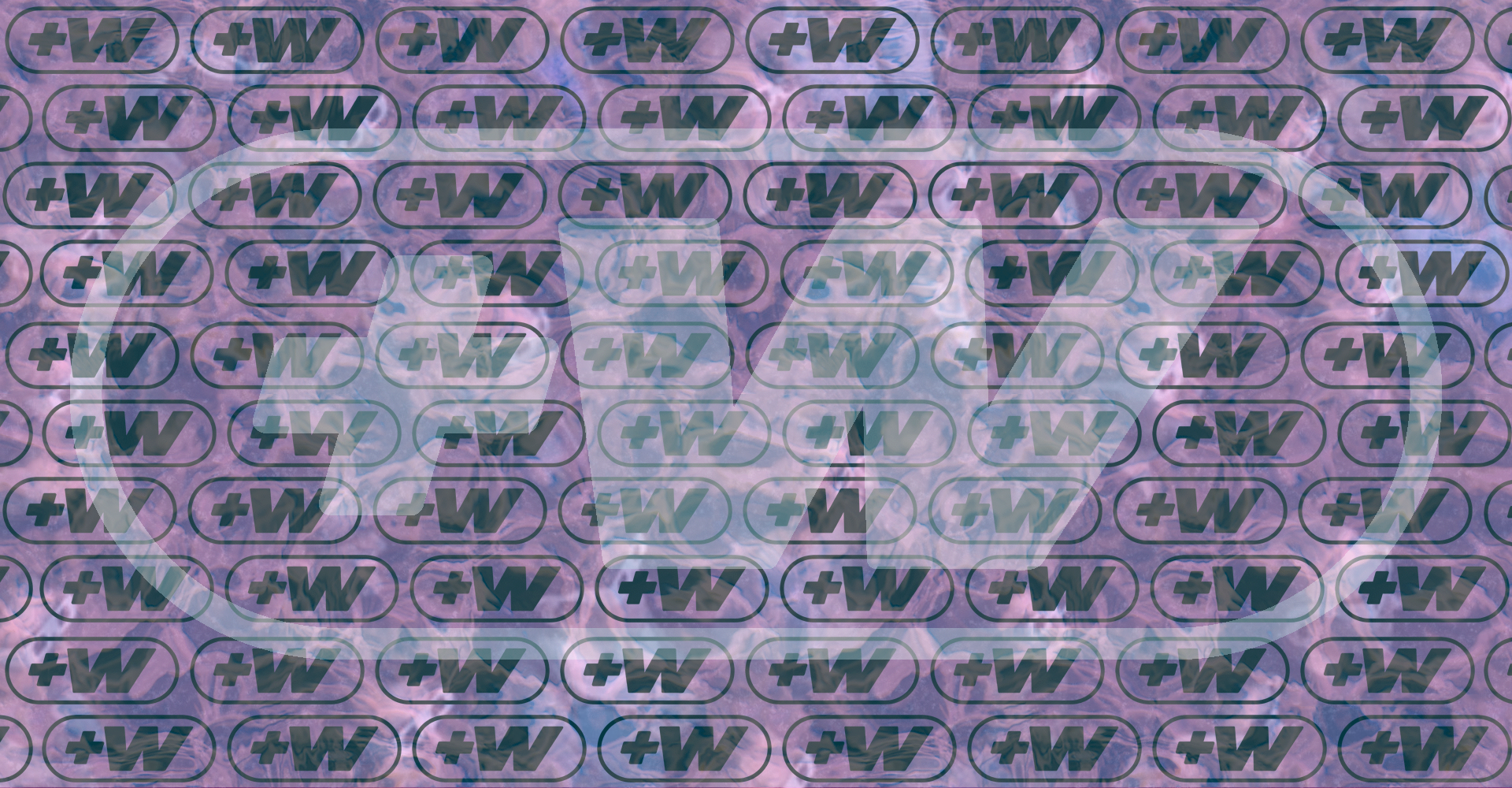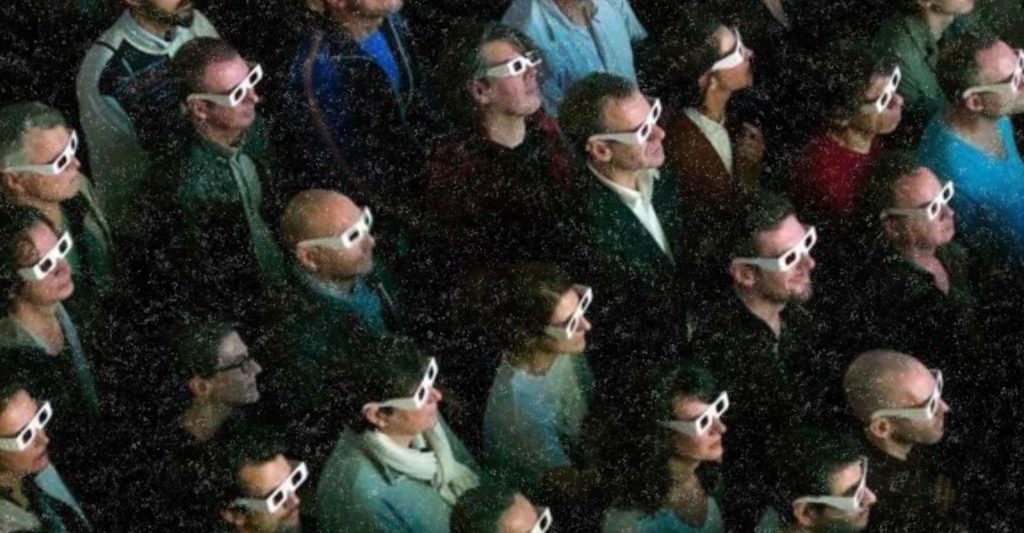
The Hidden Cost of Constant Connection
Three days. That’s all it takes. According to a new study, just 72 hours without your smartphone can significantly shift activity in the parts of your brain tied to reward and self-control. That floored me, but it didn’t surprise me. I’ve felt it in my own body. The twitchy reach for the phone. The phantom buzz in my pocket. The disorienting silence when it’s gone.
These devices were supposed to connect us. Help us stay in touch with friends, get directions, maybe check the weather. Instead, we got an unrelenting dopamine drip—endless scrolls, pings, likes, DMs, and drama. We’re not connected; we’re conditioned.
That’s why it’s so hard to get anyone’s attention now unless you scream louder than the noise in their pocket or the audio whispering in their ear. I’ve learned this the hard way. Over time, I found myself reaching for shock-value shortcuts. When I need someone to really hear me—online or in person—I lead with something raw. Sometimes, I share that I’ve survived suicide. It’s not a performance. It’s a rupture. People pause. The scrolling slows. You can almost feel the discomfort turn into something else: attention. Presence. Sometimes, even shared pain.
I don’t weaponize that moment. But I’ve come to understand it as a kind of key. Once I’m through the door, I can meet people where they are. Sometimes it’s grief. Sometimes it’s shame or failure. We live in a world that punishes quiet vulnerability and rewards high-volume suffering. That’s the kind of rewiring we’re up against.
And it doesn’t stop with conversation. Try flirting in public. Or striking up a chat at a coffee shop. It feels like you’re violating a social contract. People look through you—earbuds in, phone up. You’re interrupting their feed. And unless you can deliver a dopamine hit on par with the video they’re watching, you don’t stand a chance. That’s one reason why we need dating apps just to meet someone now. And even then, it’s a slog that so often ends in ghosting and disappointment.
Friendships aren’t immune, either. They fizzle fast if you’re not constantly feeding them attention. Our relationships now run on the same engine as our apps—intermittent rewards, shallow stimulation, zero tolerance for discomfort. In real life, you can’t mute an awkward pause or swipe past an uncomfortable truth. So, we skip those moments altogether. We ghost the connection before it begins. We choose the illusion of control over the risk of being seen.
And here’s the darker truth: when people feel unmoored by an uncertain future, when the present feels unstable or bleak, they don’t reach out. They retreat. Or worse, they lash out. They tear things down because building them up feels too fragile, too exposed. How do you build something real—love, trust, community—when you don’t even believe the world will be there to hold it?
I don’t have a clean conclusion. No tidy moral. But I do know this: our brains are being subtly and steadily reshaped by the technology we depend on. Our capacity for presence, patience, and joy is eroding. But maybe, just maybe, stepping away—even for a few days—is enough to remember a different rhythm. One where connection is cultivated, not captured. Where attention isn’t baited by trauma, but given freely. And where, for a moment, we can look up from our screens long enough to really see one another.
Choose a Subscription
Shop +wellvyl APPAREL











